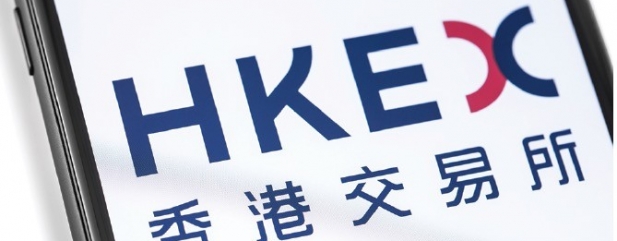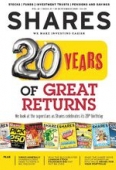Archived article
Please note that tax, investment, pension and ISA rules can change and the information and any views contained in this article may now be inaccurate.
Why the blockbuster London Stock Exchange bid may not be over

All eyes in the finance world have been on London Stock Exchange (LSEG) after it rejected a blockbuster £32bn takeover bid from the Hong Kong stock exchange operator HKEX.
The offer, which London Stock Exchange described as ‘unsolicited’, ‘highly conditional’ and containing ‘fundamental flaws’, has drawn the attention of commentators across the world.
Those in the Chinese state press were, rather predictably, scathing towards HKEX and praised London Stock Exchange’s rejection, showing it highlighted the ‘persistent worries’ about Hong Kong.
But there was a very different note struck in the UK, with many taking the opportunity to flag how the country’s ‘sluggish’ market for initial public offerings (IPOs) shows the London Stock Exchange is ‘ailing’.
Despite the persistent and remarkably smooth share price growth from £3.80 after its first day of trading in 2001 to around £73 today, London Stock Exchange hasn’t necessarily been in vogue with some investors, partly because of its high share price rating and the fact it tends to put spare cash that would otherwise be used for dividends into acquisitions instead.
The Hong Kong offer has left investors asking, what now? While London Stock Exchange has rejected the approach, citing concerns about the deal’s structure, value and political risk, the Hong Kong bourse seems determined to keep trying.
Clearly a major sticking point of the original offer was the condition that London Stock Exchange had to drop its planned £22bn acquisition of Refinitiv.
According to a report in The Times, HKEX is trying to rubbish the Refinitiv deal behind the scenes, persuading shareholders that it’s a ‘terminal acquisition’ of a low-growth company saddled with $12.5bn in net debt, and that shareholders should back its deal, worth £83.61 per London Stock Exchange share, instead.
However, a key part of London Stock Exchange’s strategy is to reduce its reliance on index products such as the FTSE 100, demand for which has been slowing as investment funds subscribe to cheaper alternatives.
The exchange is looking to increase the already sizeable revenue it gets from the trading of financial products, something which the acquisition of Refinitiv – which has platforms trading trillions of dollars’ worth of financial products a day – looks set to help it accomplish.
Even if the Hong Kong deal is indeed over, it’s unlikely this will be the last bidder circling over London Stock Exchange.
It has been consistently pointed out that the company has, on average, received a takeover approach from third parties every 2.5 years since it was listed.
Important information:
These articles are provided by Shares magazine which is published by AJ Bell Media, a part of AJ Bell. Shares is not written by AJ Bell.
Shares is provided for your general information and use and is not a personal recommendation to invest. It is not intended to be relied upon by you in making or not making any investment decisions. The investments referred to in these articles will not be suitable for all investors. If in doubt please seek appropriate independent financial advice.
Investors acting on the information in these articles do so at their own risk and AJ Bell Media and its staff do not accept liability for losses suffered by investors as a result of their investment decisions.

 magazine
magazine









